What is Asthma?
Asthma is a persistent, chronic health condition that cannot be cured but can be effectively managed through asthma treatment.
The underlying cause of asthma lies in the inflammation and increased sensitivity of the airways, leading to their narrowing and swelling. This inflammation results in the constriction of the airways, causing wheezing and breathing difficulties. Additionally, excessive mucus production further obstructs the airways, leading to frequent coughing. Individuals with asthma often describe the sensation as a tightness or pressure around their chest, progressively impeding their ability to breathe.
What are the symptoms of asthma?
Asthma manifests with various symptoms, including wheezing (a whistling sound while breathing), persistent coughing, difficulty breathing, and a sensation of tightness in the chest. If you notice that your symptoms worsen at night, it is advisable to consult your doctor, as it could indicate a deterioration in your condition or the need for adjustments in your asthma treatment to better manage it.
What are the available types of asthma treatments? When it comes to treating asthma, it is essential to maintain optimal lung function, which can be achieved through regular physical activity and sports. Additionally, long-acting medications may be necessary. There are several types of asthma treatments available, including various asthma inhalers. For instance, Salbutamol inhalers provide relief from symptoms, steroid inhalers help prevent symptoms, and some inhalers combine both functions. Tablets can also be used to control asthma symptoms and treat asthma attacks.
For individuals with allergic asthma, it is important to initiate allergy therapy and minimize exposure to allergens.
The primary objective of any asthma treatment is to reduce inflammation in the lungs and keep them relaxed and open. This approach helps prevent or reduce the frequency of asthma attacks in the long term. Therefore, most individuals will be advised to use a regular preventer inhaler rather than relying solely on a reliever inhaler when symptoms arise.
In the event of severe symptoms, an asthma attack occurs. During an asthma attack, the chest tightens, and the individual struggles to catch their breath. Severe asthma attacks usually develop gradually over a period of 6 to 48 hours, but in some cases, they may rapidly occur without warning signs. Severe attacks can be life-threatening and require immediate hospital treatment. If experiencing a severe asthma attack, dial emergency services (e.g., 999) for assistance.
-
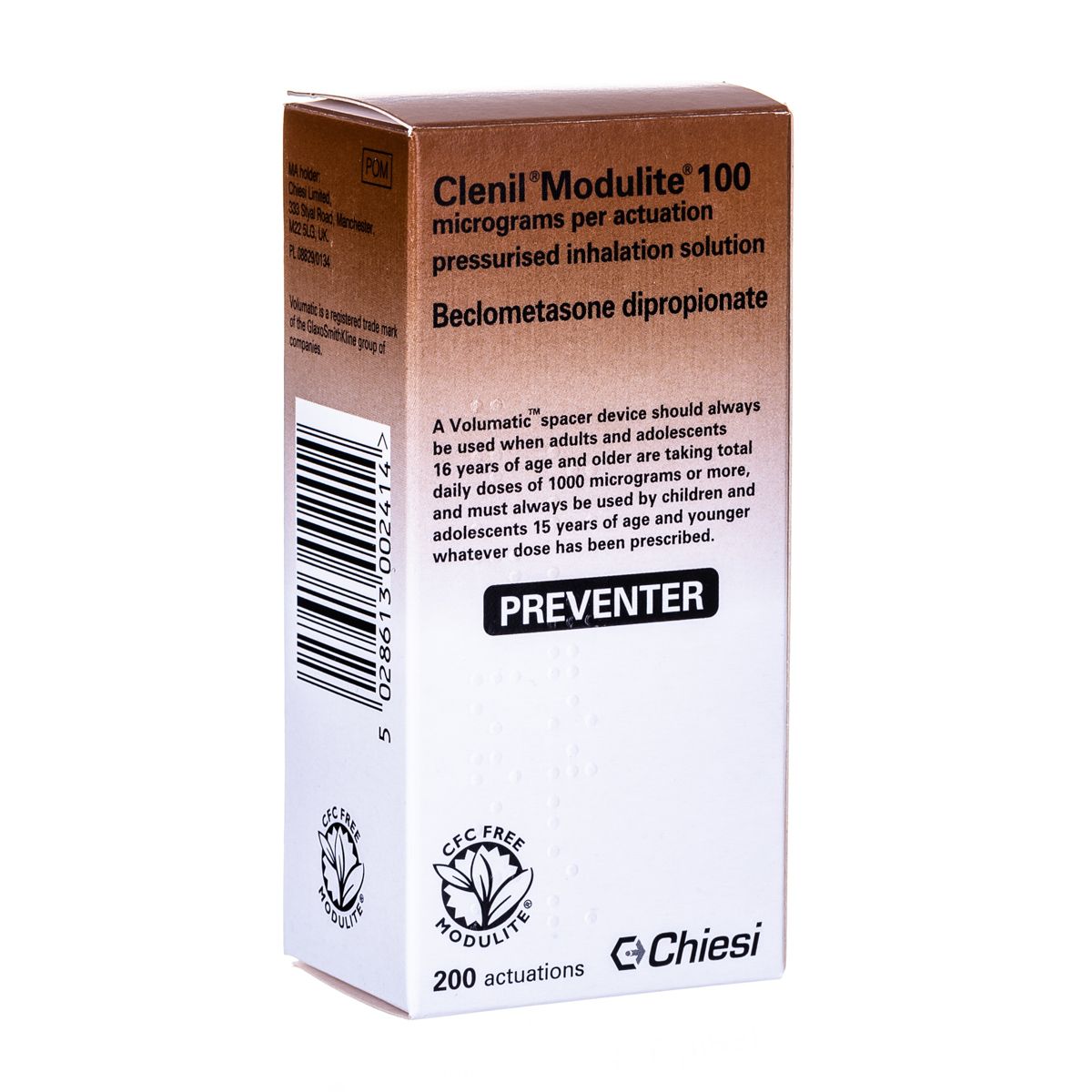
Buy Treatment
-
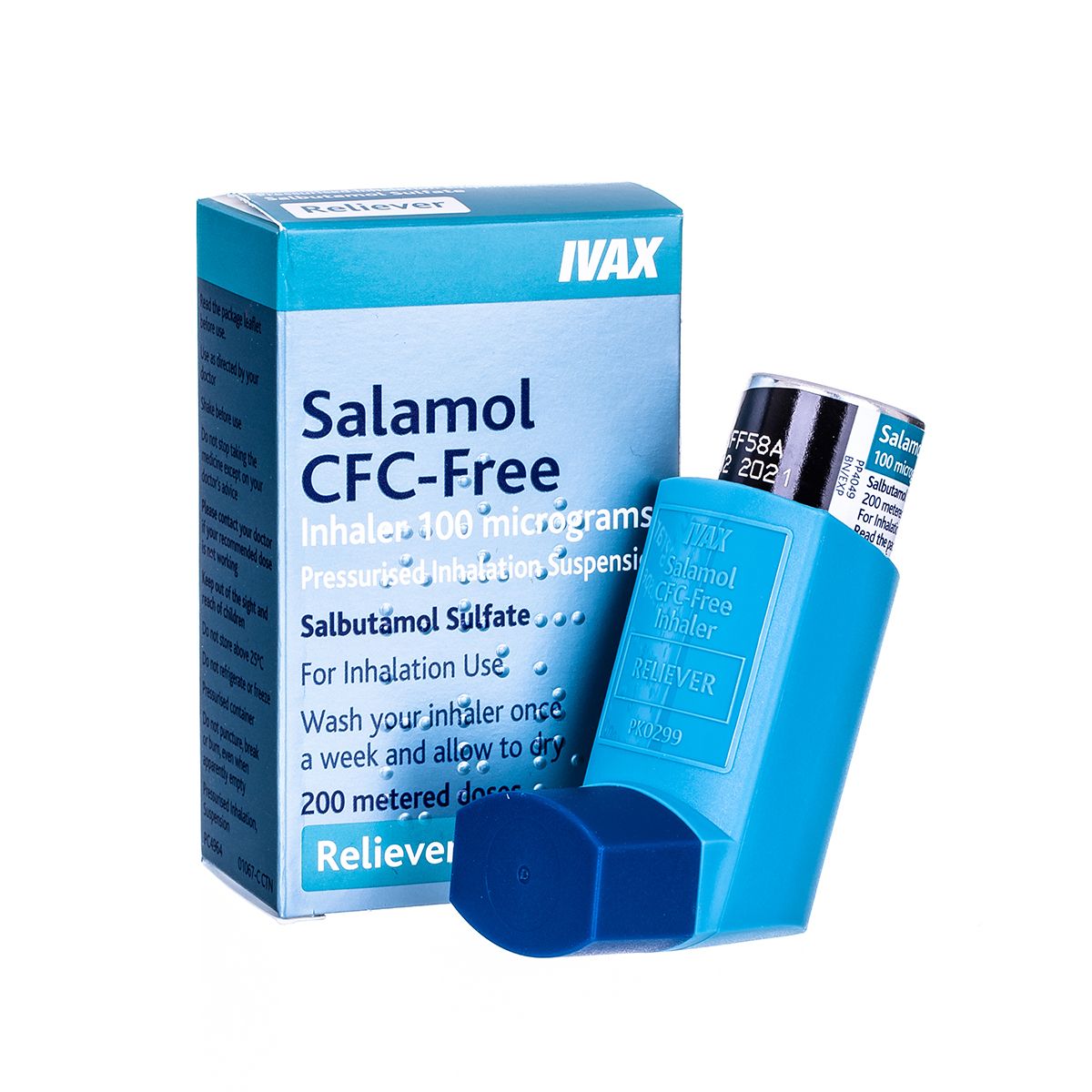
Buy Treatment
-
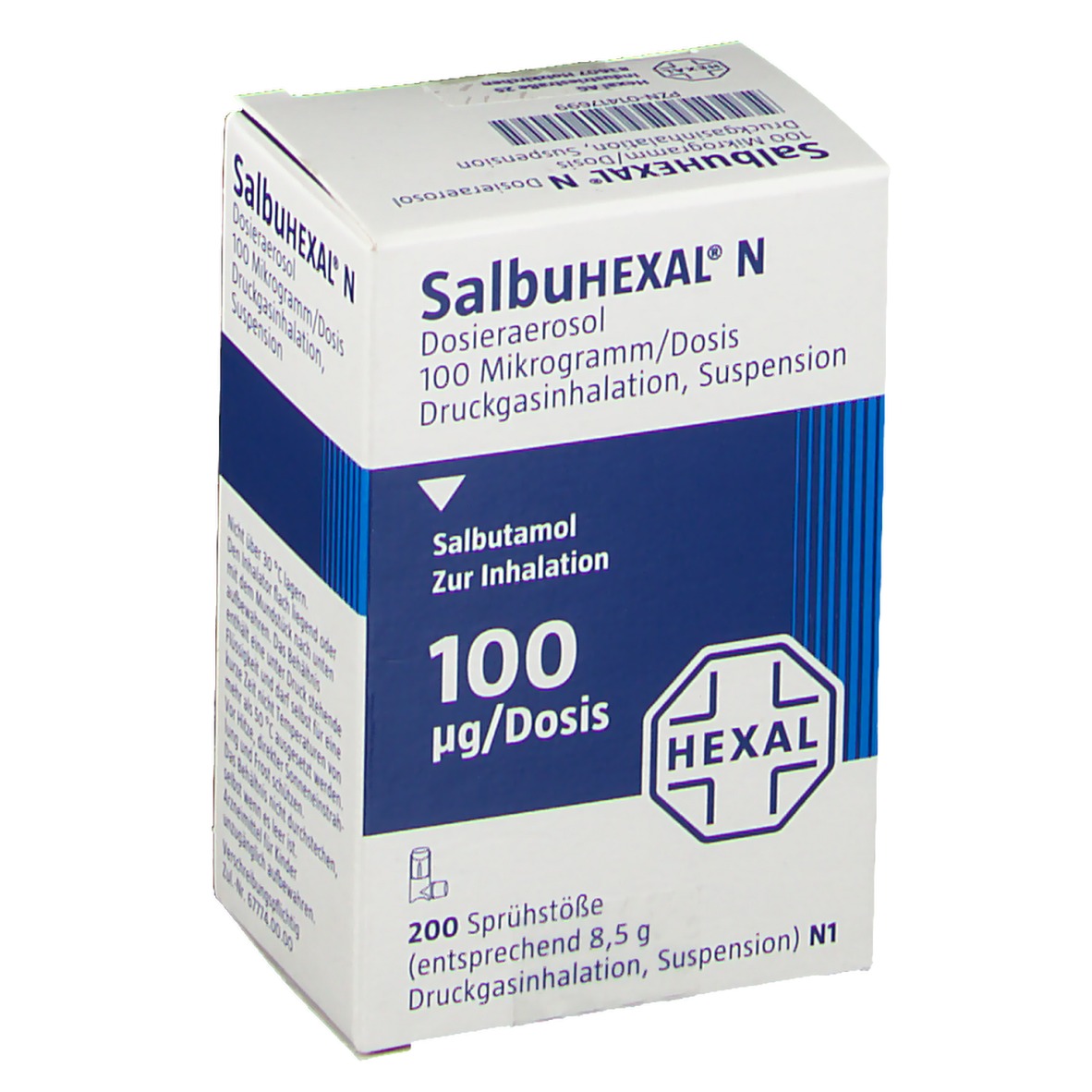
Buy Treatment
-
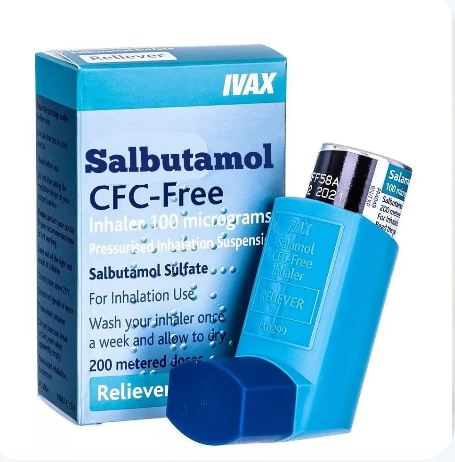
Buy Treatment
-
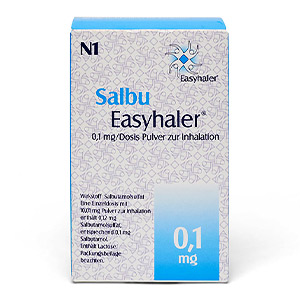
Buy Treatment
-

Rated 5.00 out of 5 based on 4 customer ratings
Buy Treatment